I have to admit I loved Angela Carter’s short stories, even if they almost all left me with reactions of disgust and surprise (I mean accidentally cutting your grandma’s hand off ?)
Anyway, those fairytales aren’t in my opinion a nice bed-time read, but I definitely enjoyed the gothic of it.
I want to focus on the significance of coldness and the North in the collection, as it is undoubtedly insisted on. When I was reading the stories, They are almost all set during a very snowy and cold winter, on the woods or in isolated places, this image did NOT appear to me :
![[wallcoo_com]_winter_Travel_winter_008](https://blogs.ubc.ca/eloanev/files/2016/01/wallcoo_com_winter_Travel_winter_008-300x225.jpg)
But more like something like that :
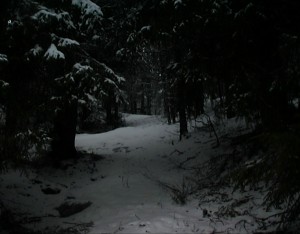 or
or 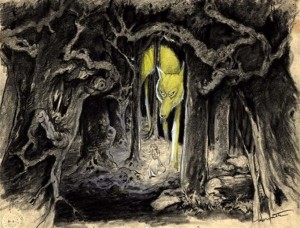 How appealing is that ?
How appealing is that ?
So I was wondering what effect the fact that it was cold, snowy, in the woods had on the reader and for the story. I came up with a couple of ideas as I read Snow White, The Werewolf, The Company of Wolves and the Courtship of Mr Lyon again.
First thing that came to my mind was how the winter brought darkness and despair in the character’s lives. Like why does it have to be winter ?
Well, I was thinking that obviously winter brings cold, which brings snow, which brings sickness, and sadness cause everything in the natural environment basically dies (flowers, animals go on an amazing weeks-long nap, and well where is the food ?). Life during Winter time is different than during Summer or Spring, which are the season of “re-birth”, when flowers start growing, animals come out, life starts again.
In the book, it appeared to me as if the characters’ behaviors were in a way justified by the extreme conditions they live in. Carter definitely suggests an equation like : Extreme living conditions = Extreme behaviors/killing your grandma, marrying a Lion, stealing a rose (perhaps?), going in the woods and giving a strange yet handsome man your basket WITH THE KNIFE IN IT. The first two sentences of “The Werewolf” describe that in a great manner : “It is a northern country; they have cold weather, they have cold hearts. Cold; tempest; wild beasts in the forest” (108). I don’t know how Canadians should take these sentences, but maybe they are hiding something behind their politeness… Joke aside, the way I understand the first sentence is that there is a direct correlation between the cold weather and the cold hearts, in fact cold hearts are the evident results of the cold weather. Is that why the witch in Snow White is obsessed with her heart ? In regard of sadness “there is a vast melancholy in the canticles of the wolves, melancholy infinite as the forest, endless as these long nights of winter and yet that ghastly sadness, that mourning for their own…” (The Company of Wolves 113). Is that sentence supposed to make us feel sad for the wolves or.. ?
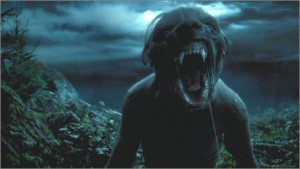
I’m just so happy to be able to use a Harry Potter picture
What (up Miley? ) about the snow and the whitness ? Carter insists soooooooo much about the snow and how white it is, making me think about its significance. Is she trying to build a relation between the snow and purity, innocence ? Comparisons are made between the female characters and snow as in The Courtship of Mr Lyon “this lovely girl, whose skin possesses that same, inner light so you would have thought she, too, was made all of snow […] the road is white and unmarked as a spilled bolt of bridal satin” (41), and in Snow Child, the child literally appears out of the snow, any hints ?
The woods in the stories certainly give this gothic environment of something vast, unknown, dangerous, with wild animals. Carter uses metaphors such as “the woods swallows you up” (84) like “jaws”.
So I don’t know, I’m throwing things at you guys that you can maybe answer or think about !
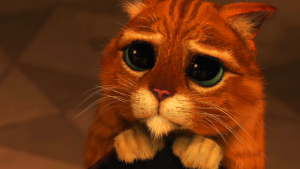
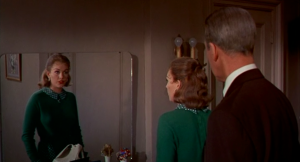
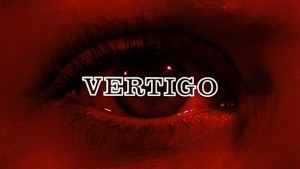

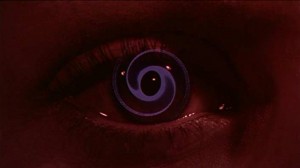
![[wallcoo_com]_winter_Travel_winter_008](https://blogs.ubc.ca/eloanev/files/2016/01/wallcoo_com_winter_Travel_winter_008-300x225.jpg)



